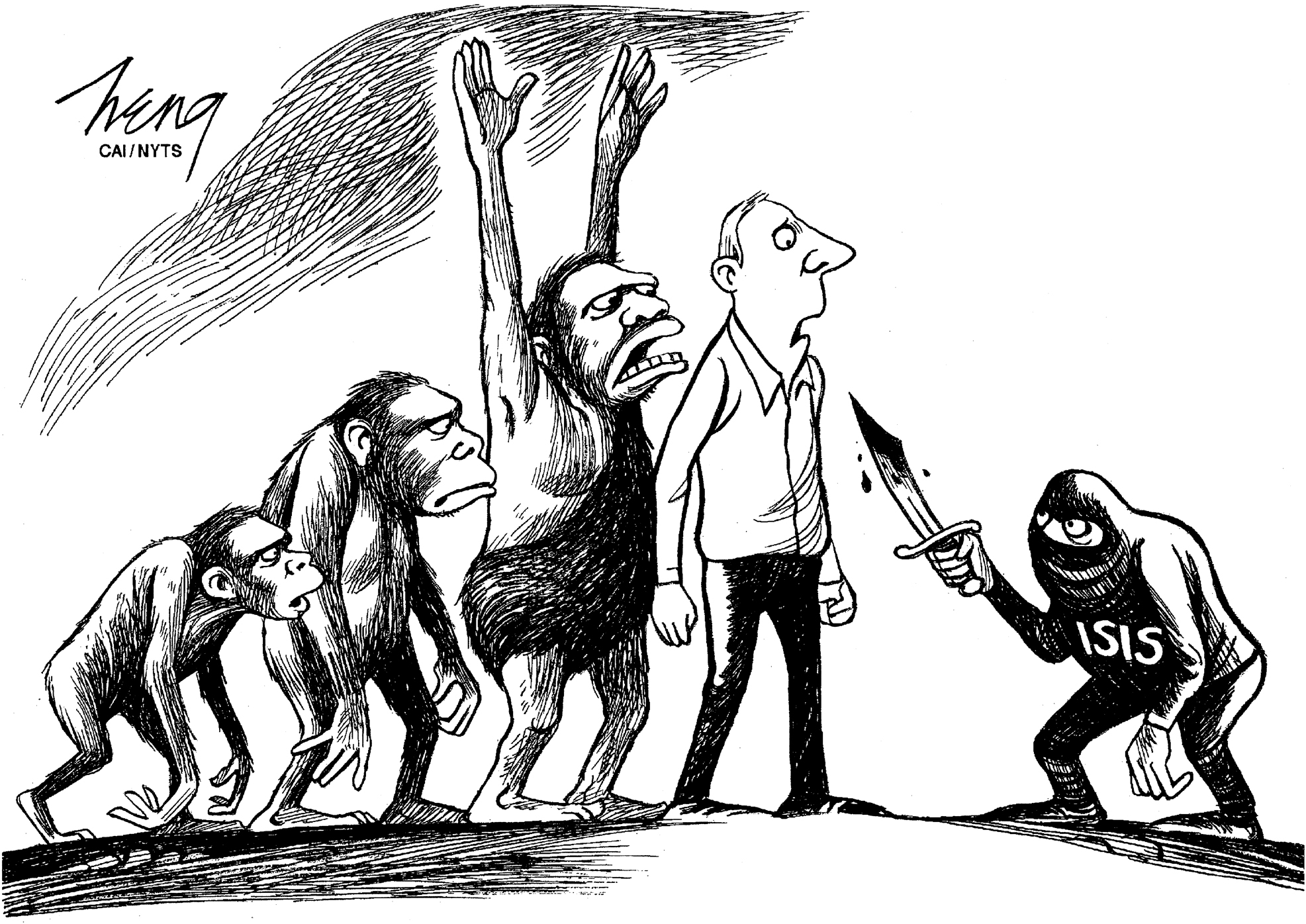The threats to peace from Putin's Russia are paralleled by the instability in the Middle East caused largely by Islamic extremism, which poses a particular menace to democracy and human rights. The barbaric murder of two Japanese hostages underlines the dangers to all civilized societies.
The Islamic State group has largely taken over from al-Qaida as the leading exponent of Islamic extremism, although there are other Islamic extremist organizations such as Boko Haram in Nigeria and al Shabaab in Somalia and Kenya, which pose serious threats to peace and human rights.
The civil war in Syria, which has led to over 100,000 deaths and many millions of refugees, provided fertile ground for extremists. President Bashar Assad with the backing of Shiite-led Iran had discriminated against the Sunni majority in Syria. The opposition to Assad was divided and the more liberal elements were weak. Sunni extremists, with the backing of traditionalist and puritanical religious leaders in other Middle Eastern states, took advantage of the chaos and proclaimed a holy war. They called themselves the successors to the Ottoman Caliphate, which had existed under the Ottoman dynasty of the Ottoman Empire, and proclaimed the establishment of a theocratic Islamic state.
















With your current subscription plan you can comment on stories. However, before writing your first comment, please create a display name in the Profile section of your subscriber account page.